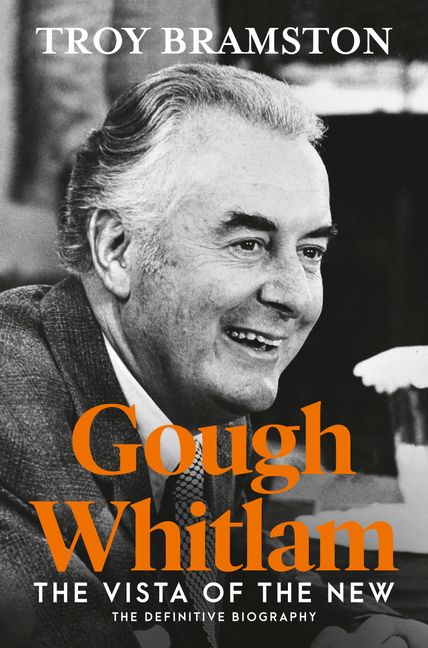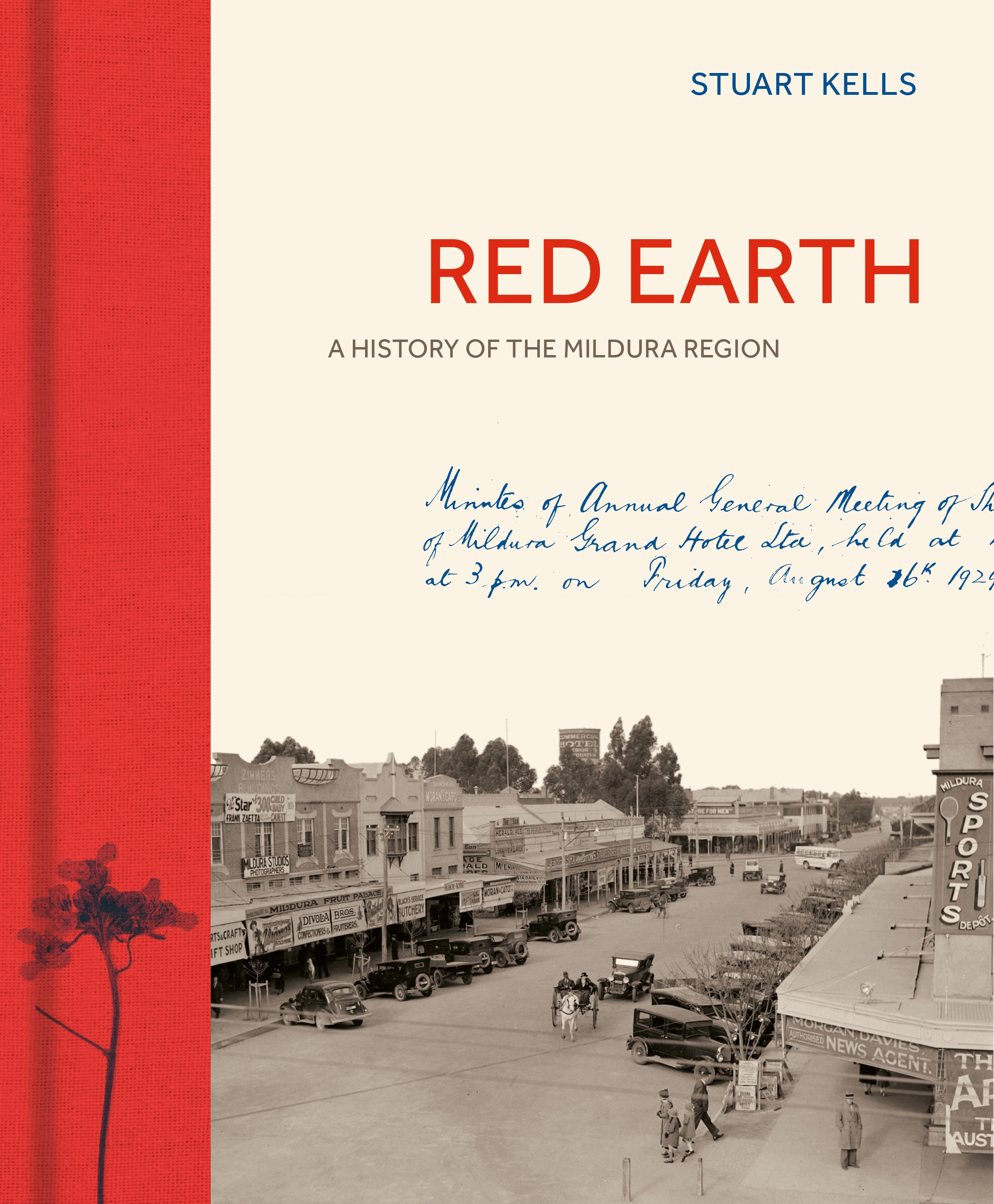Non Fiction
Two Hundred Million Musketeers by Ender Başkan & All Rage Blaze Light by Anna Jacobson
When was poetry turned on its head? Was it with T.S. Eliot and his nemesis, William Carlos Williams? Or perhaps it was the slow burn from Emily Dickinson. Was it with Walt Whitman that everything changed? Or did the Surrealists manage to kick down the walls? Gertrude Stein, e.e. cummings? Sylvia Plath? Adrienne Rich? Or possibly Frank O’Hara? It is hard to say just when it happened, or exactly what happened (two world wars and two nuclear bombs!), but poetry had its part in the explosive history of the arts this past century, and as a result, it is now a job requirement for each poet to find for themselves a personal path towards poetry and some understanding – or invention – of what poetry is.
... (read more)Aboriginal poetry has the ability to hold love and rage simultaneously. Luke Patterson’s début A Savage Turn does this masterfully, constructing pieces full of fire and defiance ‘amongst the love / poems’. In this collection, Patterson - a Gamilaroi poet, educator, and musician – unpacks colonial myth and legacy, subverts reader expectations, and teases out a tenderness that nourishes this collection.
... (read more)Full Corset and Stockings: A history of women’s cricket by Craig Horne
Today, women’s sports are undergoing a major transformation. The change is dramatic, especially in cricket and football, sports previously seen as non-traditional for women. These sports are experiencing a surge in player numbers, an increase in revenue, sustained sponsorship, record crowds, improved recognition, media and television coverage, and advances in governance. This has led to a greater thirst for and curiosity about the players’ stories. In turn, this has resulted in the timely commercialisation of their histories.
... (read more)Brave New Wild: Can technology really save the planet? by Richard King
There is change. Then there is rate of change, known as velocity. Then there is rate of rate of change, known as acceleration. In physics, the three are distinct; psychologically, however, the distinction is more difficult to conceive. Certainly, this seems the case for Richard King in his latest book, Brave New Wild: in detailing an apparently new techno-political phenomenon called ecomodernism, he seems to confuse an uptick in the rate of technological change for a distinct change in itself, arguing that we are at the start of a paradigm shift.
... (read more)Dingo: The true story of Australia’s most maligned native animal by Roland Breckwoldt
As a young regional reporter in Western Australia some years ago, I enthusiastically sounded the alarm about ‘wild dogs’ attacking faraway places in the desert interior. The hybrid offspring of dingoes and feral dogs had bred to ‘plague proportions’ in their remote strongholds and were now returning, nosing through gaps in fences, invading run-down and defenceless farming districts, mining camps, and rail depots. Concerned landholders, the line crackling with distance, described an elusive beast of endless hunger, cruel and cunning, haunting the margins of our world. It was beautiful, the stuff of science fiction or fantasy. The stories were picked up and reprinted by our parent newspaper in the city; an urban public apparently shared our concerns about murderous feral carnivores. All that year, while reporting on them, I never saw a wild dog.
... (read more)As someone with no background in ecology, I felt uneasy at the prospect of reading the latest work of Darryl Jones, an expert in the field. Partly, my fear was that Jones’s lessons would be too technical for me to understand. Partly, it was a murkier fear: I pictured the Professor of Ecology despairing and exhausted because nobody was heeding his warnings, and readied myself to be scolded, or at least left feeling vaguely guilty.
... (read more)Quentin Bryce: The authorised biography by Juliet Rieden
Considering the number of biographies published about distinguished Australian women in the past few years, we have had to wait a surprisingly long time to read the life story of Quentin Bryce, Australia’s first woman governor-general. Certainly, her achievements merit a full biography: she has been a lifelong advocate for women and children, one of the first women barristers in Queensland, a prominent member of the National Women’s Advisory Council (NWAC), Federal Sex Discrimination Commissioner, CEO of the National Childcare Accreditation Council, principal of the Women’s College at the University of Sydney, and governor of Queensland. She was not satisfied with carrying out a purely ceremonial role as governor-general either, making comments that suggested she supported an Australian republic and same-sex marriage.
... (read more)Gough Whitlam: The vista of the new by Troy Bramston
Troy Bramston is fast becoming the Peter FitzSimons of Australian political biography. Every few years a door-stopping volume on a prime minister appears, brandishing the same formula of ‘never before seen’ documents and ‘fresh revelations’. In the Acknowledgements to this latest biography of Gough Whitlam, Bramston virtually pleads with readers to render homage to the ‘hundreds’ of interviews he conducted, the ‘thousands’ of pages turned in archives, the miles clocked in libraries visited. There is a diligent busyness to the enterprise. But Bramston’s relentless emphasis on the quantitative smothers his underlying inability to master the material. The result, sadly, is an incomplete picture of Whitlam: a workman-like chronicle of the life, but not a deep exploration of the political and intellectual dimensions of the man.
... (read more)Red Earth: A history of the Mildura region by Stuart Kells
In 1921, during his brief tenure editing The Mildura and Merbein Sun, the charlatan and blackmailer Grant Hervey combined satire and legend in a regularly serialised novel, hoping to forge a foundation myth for the Mildura region. The hero of A Don Quixote of the Saltbush was an American adventurer, Stephen Puritan; his loyal sidekick was a poorly conceived, simplistic Aboriginal man known as Pinggali. The two ride the bleak, rusty terrain of Mildura vowing vengeance on wrongdoers, to be enacted through a reinvention of the landscape via the installation of modern irrigation technology.
... (read more)

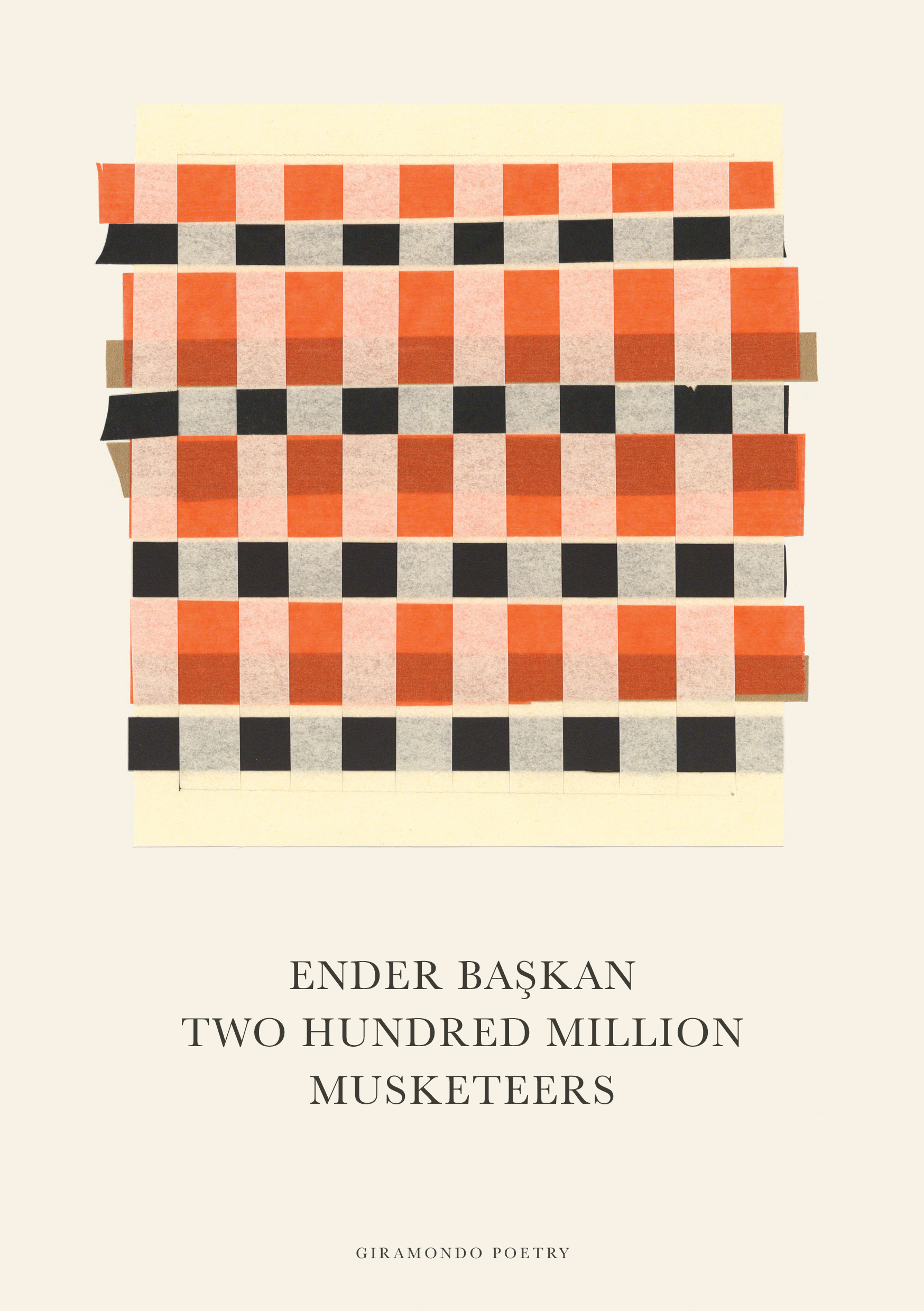
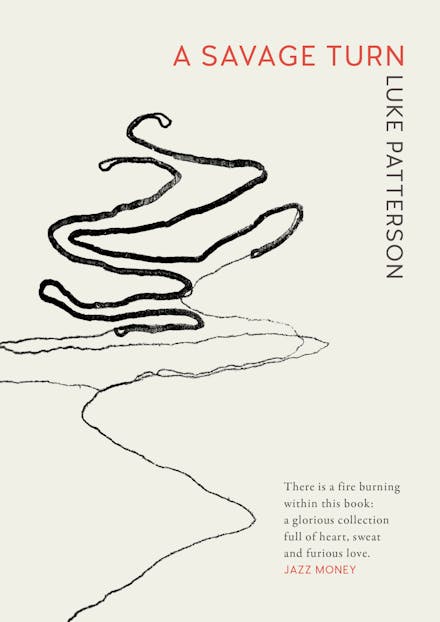


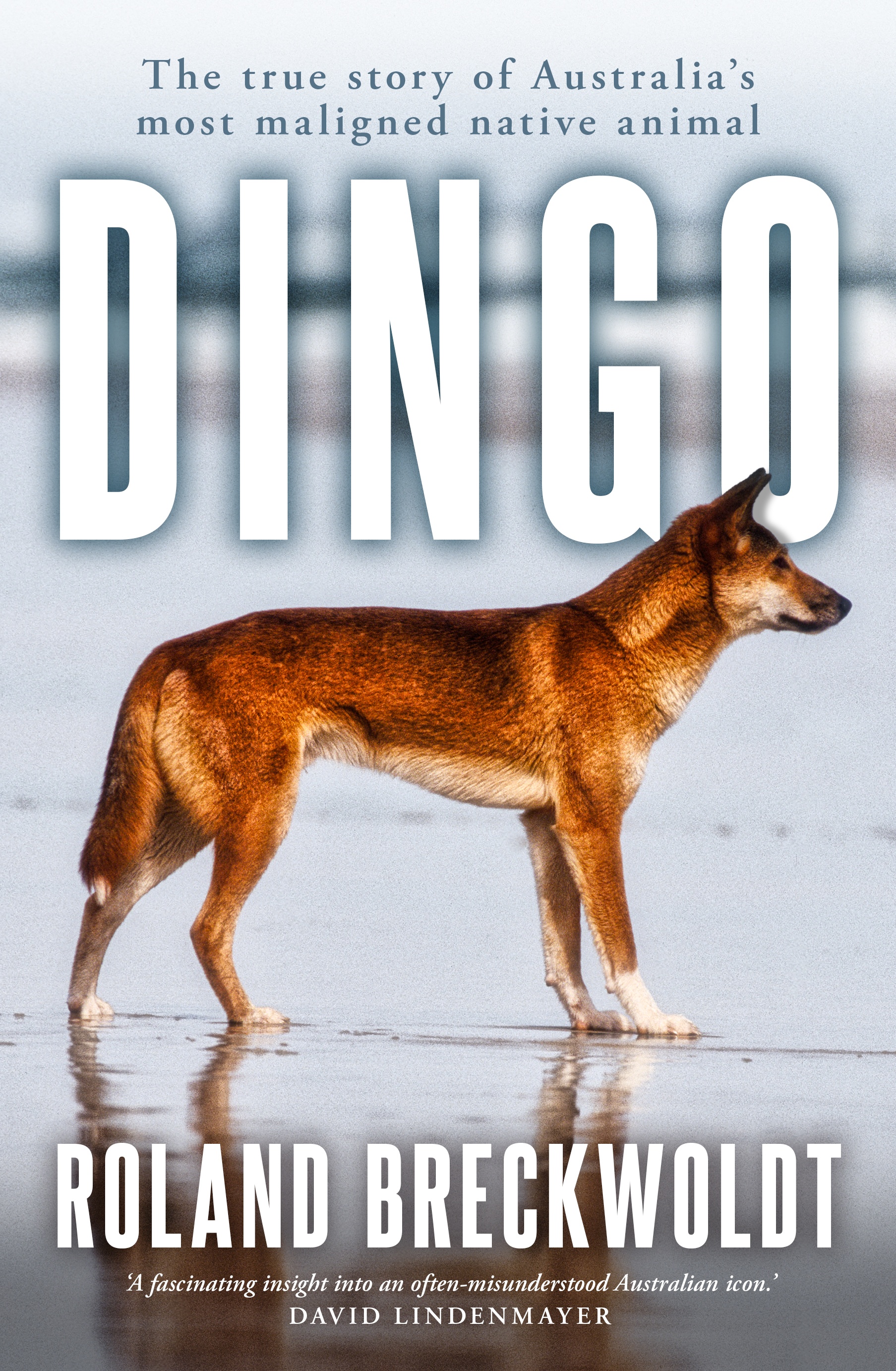
Wilder_Darryl_Jones.jpg)

